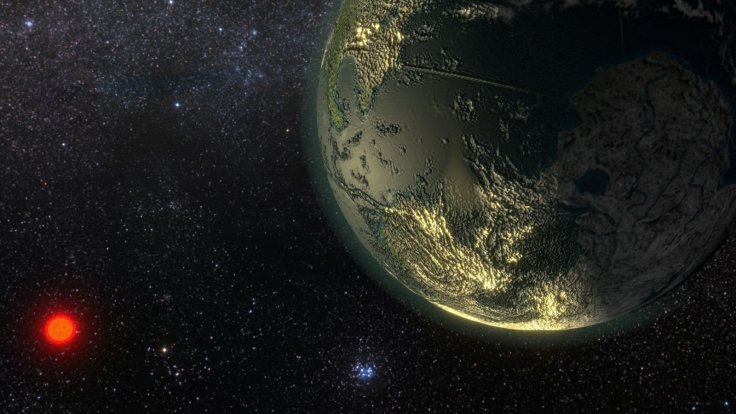A new study conducted by a team of researchers at the University of Cambridge has suggested that water vapour in exoplanets is quite common, but the amount of water was surprisingly low than previously thought. Scientists who took part in this research made this conclusion after using atmospheric data from 19 exoplanets and analyzed their chemical and thermal properties.
Exoplanet study spanned over five years

During the study that spanned over five years, researchers studied multifarious exoplanets that range from mini Neptunes of nearly 10 Earth masses to 'super-Jupiters' of over 600 Earth masses. The temperature of these exoplanets is ranged from 20 to 2000 degrees Celsius. The research report published in the journal Astrophysical Journal Letters also noted that most of these giant planets are rich in hydrogen.
"We are seeing the first signs of chemical patterns in extra-terrestrial worlds, and we're seeing just how diverse they can be in terms of their chemical compositions," said Nikku Madhusudhan, a researcher at the University of Cambridge, who initially measured low water vapour content around five years ago in a statement.
Water vapour abundance was detected in 14 of the 19 planets, report
In the study report, researchers revealed that water vapour abundance was detected in 14 of the 19 planets, while the abundance of sodium and potassium was detected in six planets each. Researchers noted that there is a depletion of oxygen in these exoplanets.
"Measuring the abundances of these chemicals in exoplanetary atmospheres is something extraordinary, considering that we have not been able to do the same for giant planets in our solar system yet, including Jupiter, our nearest gas giant neighbour," said Luis Welbanks, the lead author of the study.
Will scarcity of water affect the search for alien life?
A few weeks back, another study backed by NASA had suggested that alien life will be discovered outside the solar system within the next few decades. Researchers who took part in this study suggested that humans should build an advanced instrument named 'Farside Array for Radio Science Investigations of the Dark ages and Exoplanets' on the dark side of the moon to spot alien life in exoplanets.
Most of the space scientists consider the abundance of water as a key ingredient to spot alien life on exoplanets, but the new study that indicates the scarcity of water may compel scientists to think deep into the prospects of discovering extraterrestrials on distant worlds.









